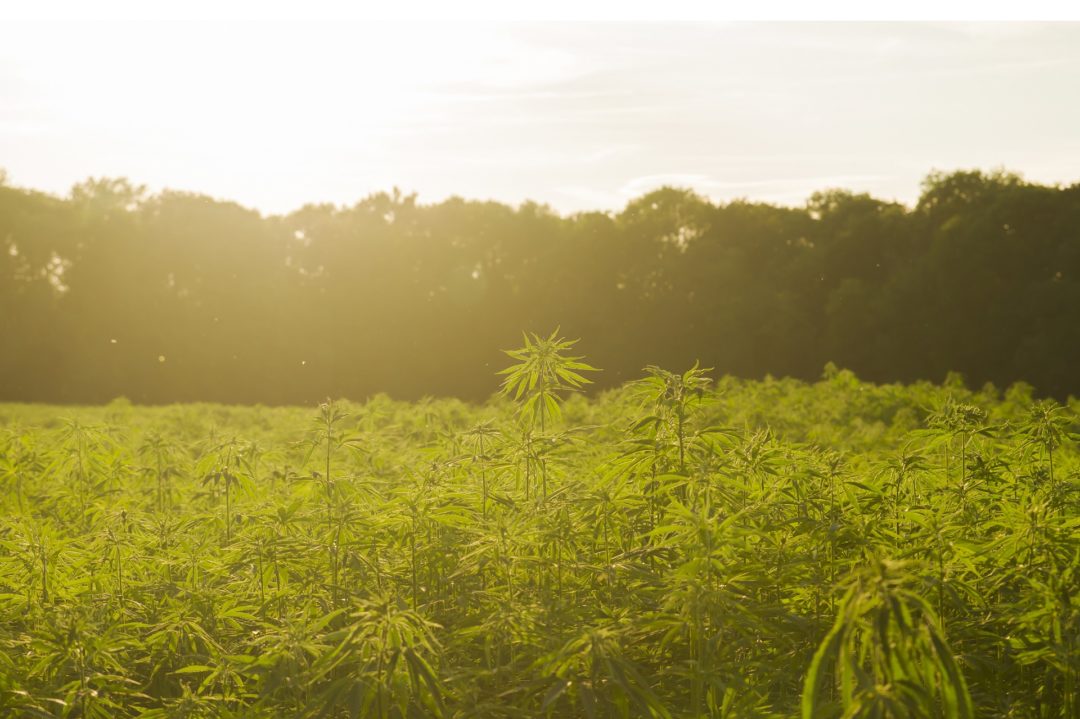
California Hemp Farming Approved; Farm Bill Stalls

A major victory for the hemp industry, Governor Brown signed Vote Hemp-sponsored legislation Sept. 30, and the law will go into effect Jan. 1, 2019, finally allowing California farmers to enter the rapidly growing hemp industry on a wide scale.
SB 1409, brings California’s hemp laws up to date by adding pilot program status to the California Department of Food and Agriculture’s registration program in conformance with federal requirements and striking outdated state statute provisions that conflicted with the expanded definition of hemp that includes extracts and derivatives from the non-psychoactive flowers and leaves. The bill allows California farmers to grow industrial hemp and to produce hemp seed, oil, fiber and extract.
“Agriculture is a hugely important sector of the California economy, and we are thrilled that farmers can now benefit from the economic opportunity of hemp farming,” said Eric Steenstra, president of Vote Hemp. “We are grateful to the bill’s co-sponsors, Ojai Energetics, Hoban Law Group and Politico Group for their legal and lobbying support, and to Senator Scott Wilk for authoring this legislation and championing its passage in California.”
Currently at the federal level, theHemp Farming Act (S. 2667)has been included in the Senate version of the Farm Bill now being negotiated, and is well poised to become law in 2018, with the passage of the “must pass” bill. While the Sept. 30 passage deadliine has come and gone, the bill is expected to go to a vote by November. Work requirements attached to Supplemental Nutrition Assistance Program (SNAP) are the primary sticking point.
If passed, the bill would place federal regulatory authority of hemp solely with USDA and require State departments of agriculture to file their hemp program plans with USDA but allow them to regulate hemp cultivation per their State specific programs. In addition to defining hemp as cannabis that contains no more than 0.3% THC by dry weight, the bill asserts a 'whole plant' definition of hemp, including plant extracts; and would remove roadblocks to the rapidly growing hemp industry in the U.S., notably by authorizing and encouraging access to federal research funding for hemp, and remove restrictions on banking, water rights, and other regulatory roadblocks the hemp industry currently faces.
The bill would also explicitly authorize crop insurance for hemp.
To date, 40 states have defined industrial hemp as distinct and removed barriers to its production. These states are able to take immediate advantage of the industrial hemp research and pilot program provision, Section 7606 of the Farm Bill: Alabama, Alaska, Arizona, Arkansas, California, Colorado, Connecticut, Delaware, Florida, Hawaii, Illinois, Indiana, Kansas, Kentucky, Maine, Maryland, Massachusetts, Michigan, Minnesota, Missouri, Montana, Nebraska, Nevada, New Mexico, New Hampshire, New York, North Carolina, North Dakota, Oklahoma, Oregon, Pennsylvania, Rhode Island, South Carolina, Tennessee, Utah, Vermont, Virginia, Washington, West Virginia and Wyoming.

The editorial team at WholeFoods Magazine has decades of experiences reporting on natural products industry news, trends, and more. This national, monthly business-to-business magazine has been published continuously for nearly 40 years (the magazine was founded in 1977, and has been owned by Wainer Finest Communications since 1984). It is the longest-tenured media outlet of its kind in the natural products industry. The editorial focus at WholeFoods Magazine is, and always has been, on informing and educating members of the natural products industry.
The Magazine
Information
About Us
NOTE: WholeFoods Magazine is a business-to-business publication. Information on this site should not be considered medical advice or a way to diagnose or treat any disease or illness. Always seek the advice of a medical professional before making lifestyle changes, including taking a dietary supplement. The opinions expressed by contributors and experts quoted in articles are not necessarily those of the publisher or editors of WholeFoods.







